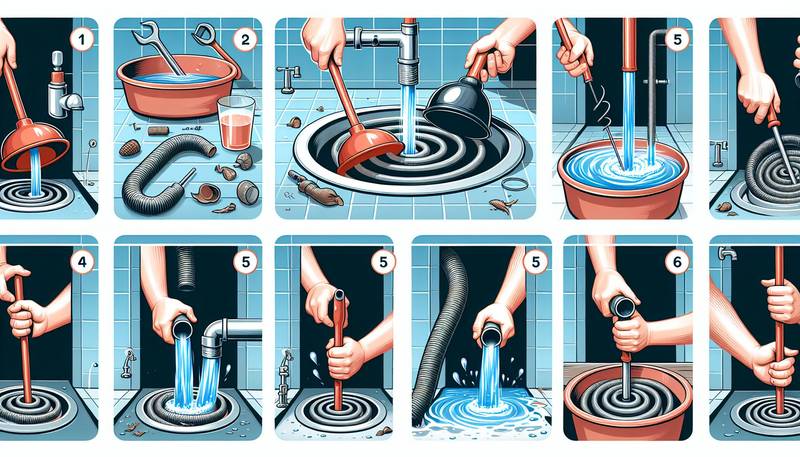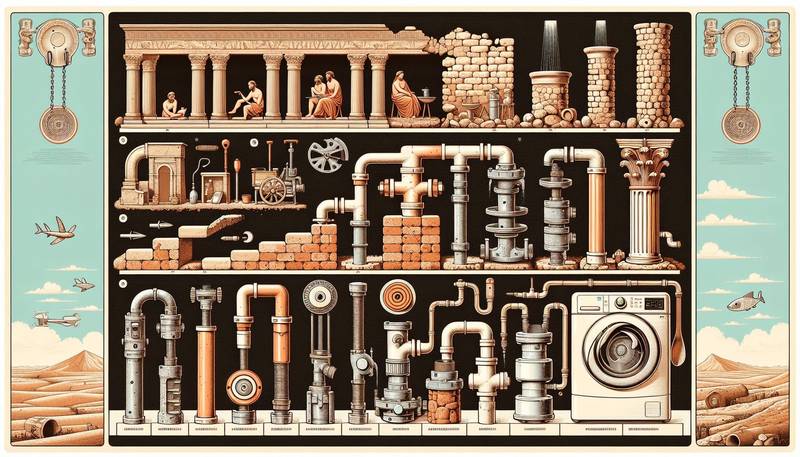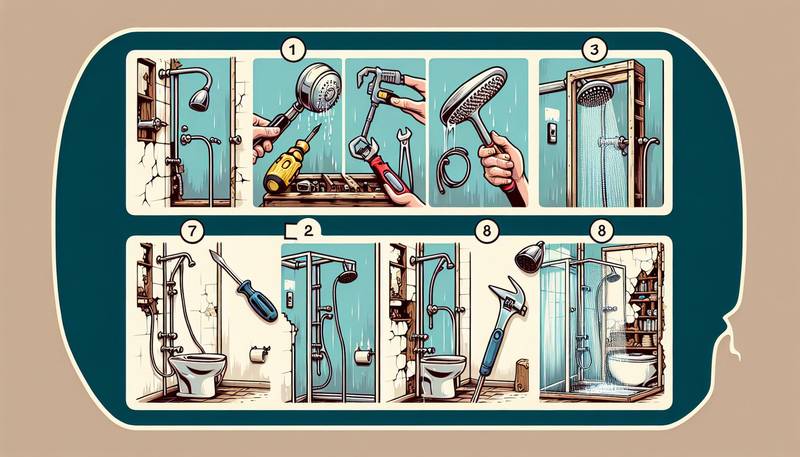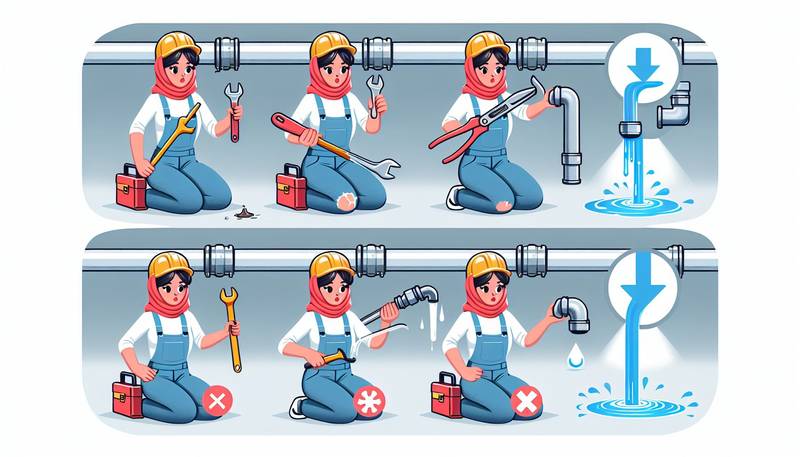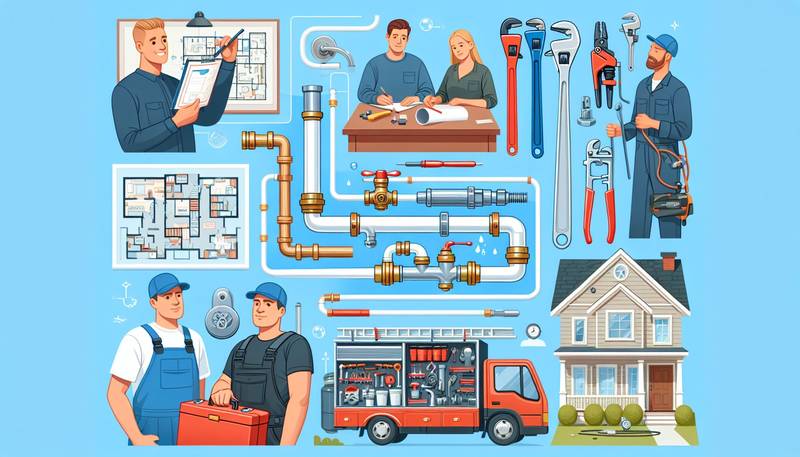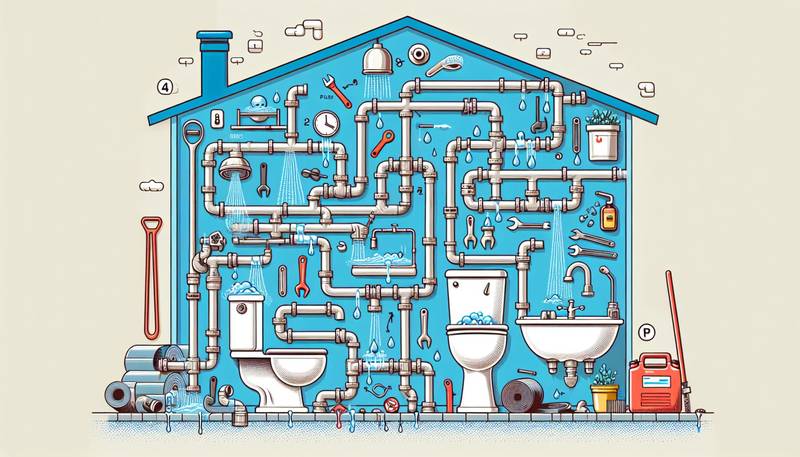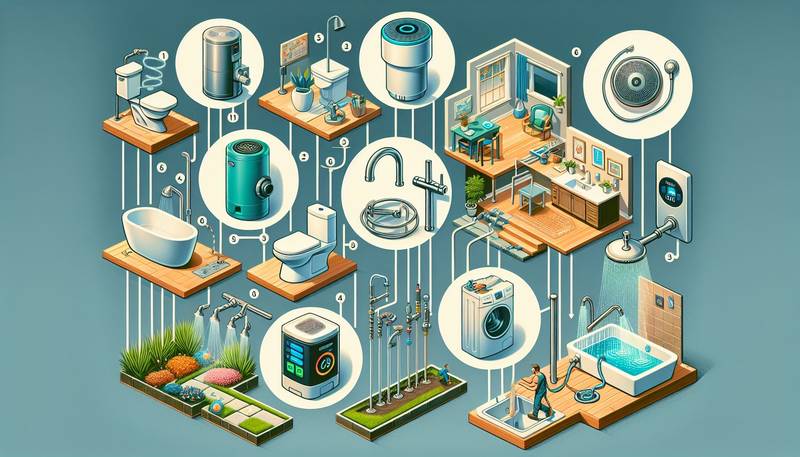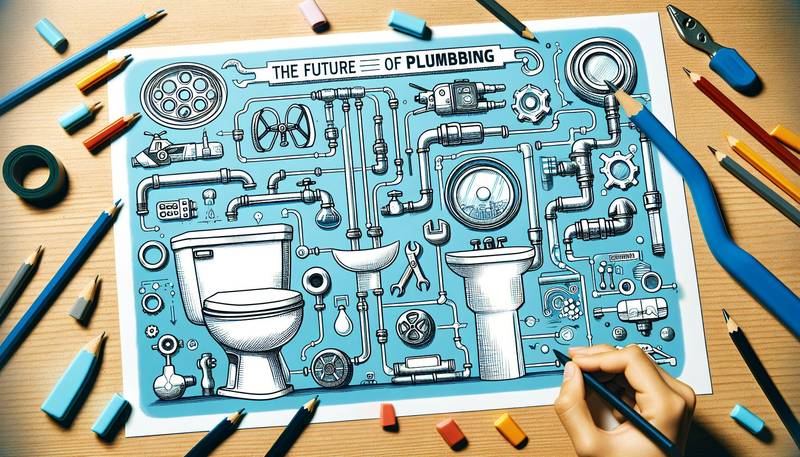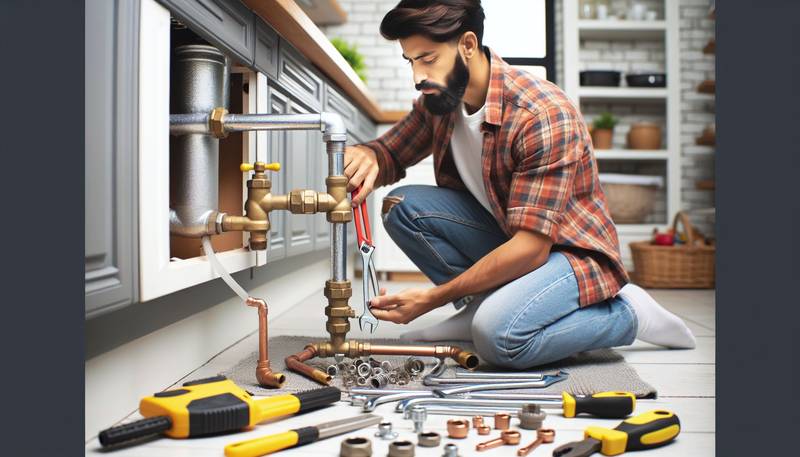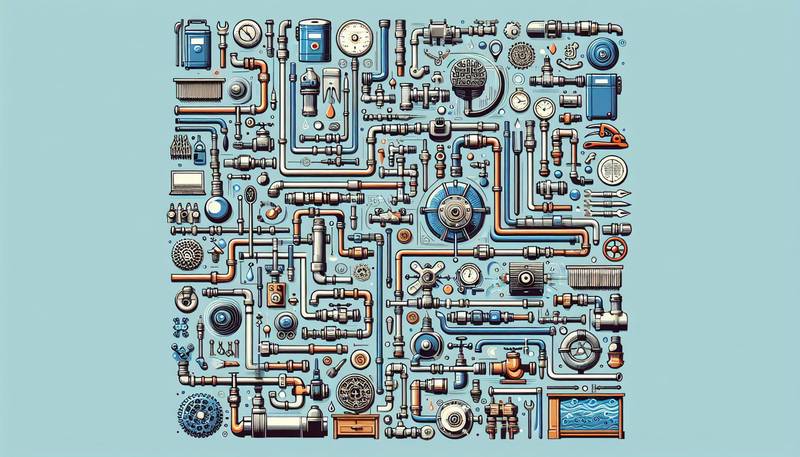How to Effectively Unclog Pipes and Drains
Understanding the Causes of Clogged Pipes and Drains
Before we delve into the methods of unclogging pipes and drains, it's important to understand what causes them to clog in the first place. Some common reasons for clogged pipes include the buildup of hair, soap scum, grease, food particles, and mineral deposits. Additionally, tree roots infiltrating underground pipes can also lead to blockages. By identifying the cause of the clog, you can choose the most effective method for unclogging your pipes and drains.
DIY Solutions for Unclogging Pipes
If you're dealing with a minor clog, there are several do-it-yourself solutions you can try before calling a professional plumber. One of the simplest methods is using a plunger to remove the blockage. Make sure to use a plunger specifically designed for sinks or toilets, depending on the location of the clog. Another effective DIY solution is using a mixture of baking soda and vinegar, followed by hot water to break down and flush away the obstruction.
Chemical Drain Cleaners
Chemical drain cleaners are another popular option for unclogging pipes and drains. These products are formulated to dissolve grease, hair, and other organic matter that may be causing the blockage. However, it's important to use them carefully and follow the manufacturer's instructions, as they can be harmful to your pipes and hazardous to your health if not used properly.
Snaking or Augering
If you're dealing with a stubborn clog that can't be removed with a plunger or a chemical drain cleaner, you may need to use a plumbing snake or auger. These tools are designed to break up and remove blockages that are deeper in your pipes. To use a plumbing snake, insert it into the drain and twist it until you feel resistance. Keep turning the snake until the clog is dislodged, then flush the drain with hot water to clear any remaining debris.
Professional Drain Cleaning Services
If you've tried DIY methods and the clog persists, or if you suspect a more serious issue such as a sewer line blockage, it's best to call a professional plumber for assistance. Plumbers have specialized tools and equipment, such as hydro-jetting machines and sewer cameras, that can effectively remove even the toughest clogs. Additionally, they can inspect your pipes for any damage or leaks that may be contributing to the problem.
Preventing Future Clogs
Once you've successfully unclogged your pipes and drains, it's important to take preventive measures to avoid future blockages. Some simple ways to prevent clogs include using drain strainers to catch hair and food particles, avoiding pouring grease or oil down the drain, and regularly flushing your drains with hot water. By practicing these preventive measures, you can keep your plumbing system running smoothly and avoid the hassle of dealing with clogged pipes in the future.
In conclusion, unclogging pipes and drains may seem like a daunting task, but with the right tools and techniques, you can effectively tackle the problem and restore your plumbing system to proper working order. Whether you choose to use DIY methods or seek professional assistance, addressing clogged pipes promptly is key to preventing more serious plumbing issues down the line.
